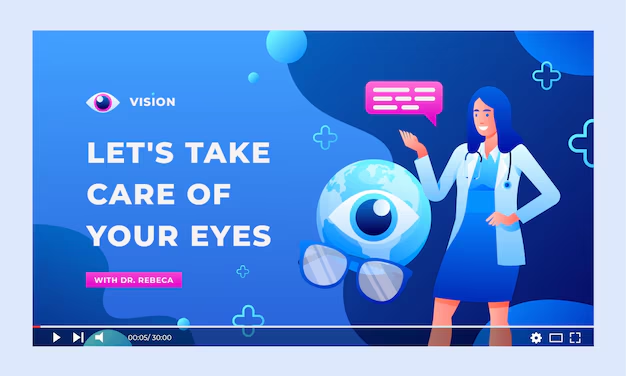When it comes to maintaining your eye health, finding the right eye doctor is crucial. In Kildeer, residents have access to various optometrists and ophthalmologists who offer a range of services, from routine eye exams to specialized treatments. This article will guide you through everything you need to know about choosing an eye doctor in Kildeer, IL.
Understanding the Types of Eye Care Professionals
Table Of Contents
1. Optometrists
Optometrists are primary eye care providers who focus on vision care. They perform eye exams, prescribe corrective lenses, and diagnose certain eye conditions. Optometrists are equipped to manage various visual problems and can provide preventive care.
2. Ophthalmologists
Ophthalmologists are medical doctors specializing in eye and vision care. They can perform eye surgeries, treat serious eye conditions, and prescribe medications. If you have a complex eye issue or require surgery, an ophthalmologist is the right choice.
Why Regular Eye Exams are Important
Regular eye exams are essential for maintaining good vision and overall eye health. They can help detect issues such as:
- Refractive Errors: Conditions like nearsightedness, farsightedness, and astigmatism.
- Eye Diseases: Early detection of conditions like glaucoma, cataracts, and macular degeneration.
- Systemic Diseases: Eye exams can reveal signs of diabetes, hypertension, and other health issues.
Recommended Frequency of Eye Exams
- Children: At least once by age 3, and then every two years.
- Adults: Every two years until age 60, and annually after 60.
Choosing the Right Eye Doctor in Kildeer
1. Consider Your Needs
Before selecting an eye doctor, consider what services you require. Do you need a routine eye exam, specialized treatment, or surgical options? Understanding your needs will help you choose the right professional.
2. Research Credentials and Experience
Look for an eye doctor with the appropriate qualifications and experience. Check if they are board-certified and if they have a good reputation in the community. Online reviews and recommendations from friends and family can also be helpful.
3. Location and Accessibility
Choose an eye doctor whose office is conveniently located in Kildeer. Consider their office hours and whether they accommodate your schedule. Accessibility is especially important if you have mobility issues.
4. Insurance and Payment Options
Verify whether the eye doctor accepts your insurance plan. Understanding the costs involved, including copays for visits, can help you avoid unexpected expenses.
Local Eye Doctors in Kildeer
Kildeer is home to several reputable eye care providers. Here are a few options to consider:
1. Kildeer Eye Care
- Services Offered: Comprehensive eye exams, contact lens fittings, and management of eye diseases.
- Location: Conveniently located in the heart of Kildeer.
- Website: Kildeer Eye Care
2. Dr. John Smith, MD
- Specialty: Ophthalmology with a focus on surgical procedures.
- Experience: Over 15 years in the field.
- Website: Dr. John Smith
3. VisionWorks
- Services Offered: Eye exams, glasses, and contact lenses.
- Location: Nearby Kildeer with extended hours.
- Website: VisionWorks
Preparing for Your Eye Appointment
1. Bring Necessary Documents
Make sure to bring your insurance card, a list of medications, and any previous eyewear prescriptions. This information will help your doctor assess your needs accurately.
2. Know Your Symptoms
If you’re experiencing specific issues, such as blurred vision or eye discomfort, make a note of them. Providing this information will aid your doctor in diagnosing and recommending the right treatment.
3. Ask Questions
Don’t hesitate to ask questions about your eye health, treatment options, or preventive care during your appointment. A good eye doctor will be happy to address your concerns.
Conclusion
Choosing the right eye doctor in Kildeer is vital for maintaining your eye health and overall well-being. By understanding the types of eye care professionals available, considering your specific needs, and researching local options, you can ensure that you receive the best possible care. Regular eye exams and open communication with your eye doctor are key to preserving your vision for years to come.
